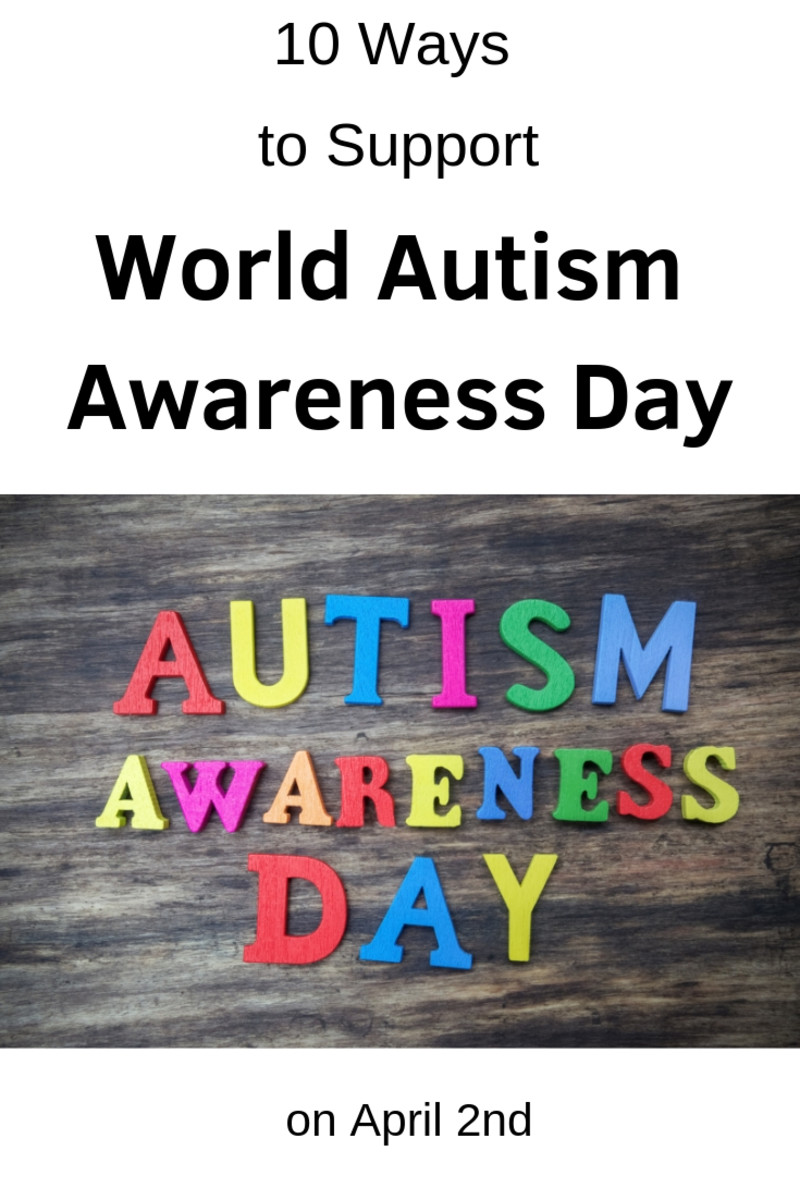How to Tell if Your Child has Aspergers Syndrome

Defining Aspergers
Asperger syndrome is an autism spectrum disorder characterized by either a greater, or to a lesser degree of impairment in language and communication skills. Thought patterns and behavior are repeated over, and over again restricting their interest to one singular preoccupation.
Little Professors
Children with Asperger syndrome keep their early language skills, unlike children with Autism.
The most notable symptom of AS is the obsessive interest in a single object, or topic leaving all others alone. They want to know everything about their “field” and may talk about nothing else. They may read about their obsession tirelessly, acquiring extraordinary vocabulary and expert speech patterns, resembling small professors who have specialized in an area of expertise
Repetitive routines and Developmental Delays
An AS child will exhibit repetitive routines, peculiarities in speech and language may be present, and sometimes non-verbal communication may even occur. They may show socially and emotionally inappropriate behavior, therefore not being able to get along with other children, causing them to be isolated. Because children with AS have developmental delays in motor skills, riding a bike, catching a ball, or climbing outdoor play equipment may prove difficult for them. They may possess clumsiness, with uncoordinated movements making them awkward, their walk may look stilted or bouncy.
Treatment for the AS Child
Therapy treatment for AS addresses core symptoms of the disorder: poor communication skills, obsessive or repetitive routines and coordination. There is no best treatment for the AS child, but the earlier intervention convenes, the better.
Treatment programs works with the child's interests, offers a disciplined schedule, teaches simple steps to accomplish tasks, provides highly structured activities and redirects inappropriate behavior. Also social skill training, cognitive behavioral therapy, and medication if needed would be looked at.
Learning to Live with the AS child
Children with AS that is being monitored can learn to cope with their disabilities, but social situations and personal relationships would still be challenging. Adults with AS can lead independent lives with successful jobs, although encouragement and moral support can be beneficial.
National Institute of Neurological Disorders
Research is being conducted at the National Institute of Neurological Disorders and Stroke, to understand what causes AS and how it can be treated. By using functional magnetic resonance imaging, abnormalities in the brain will show how changes in functionality occur, resulting in AS symptoms.








